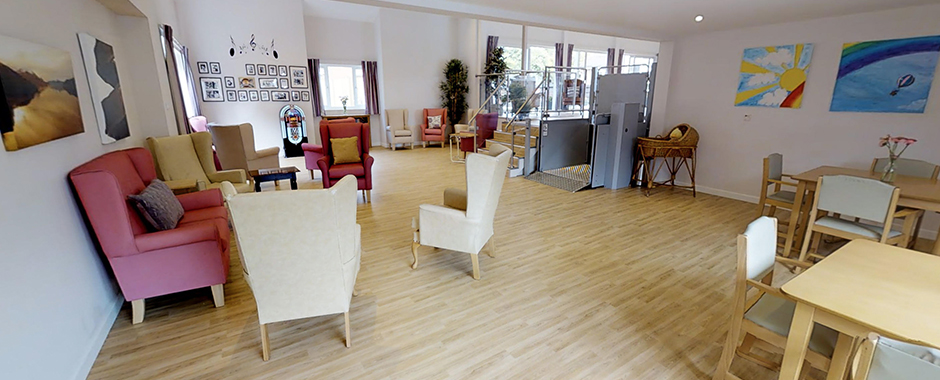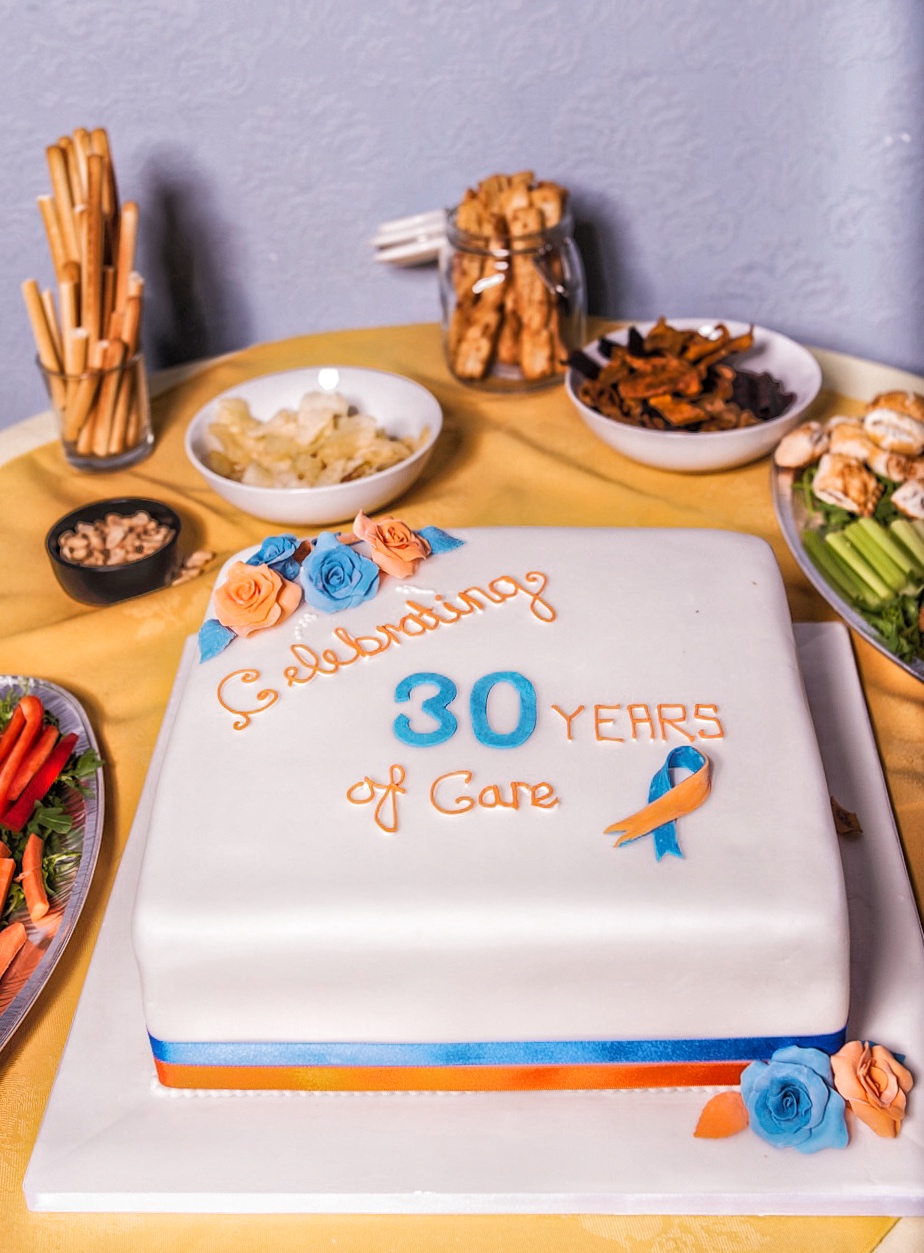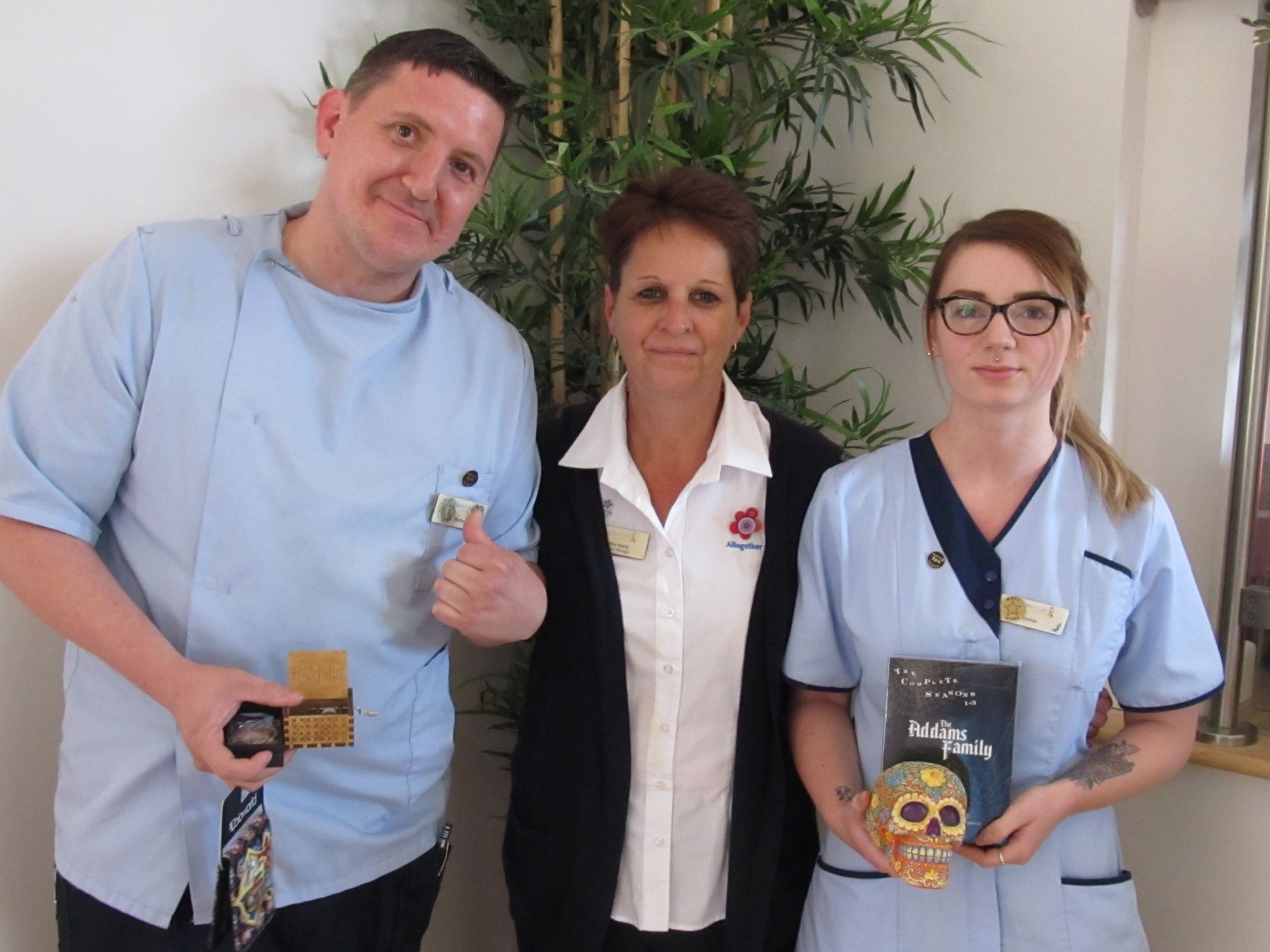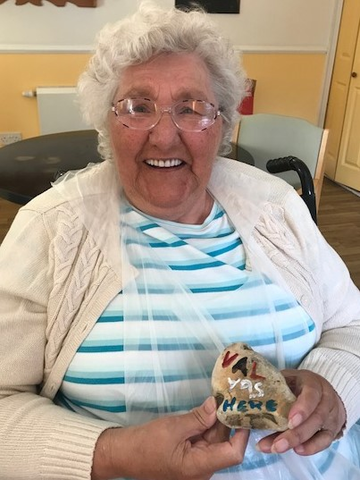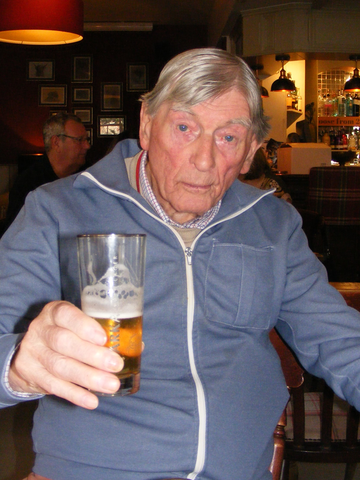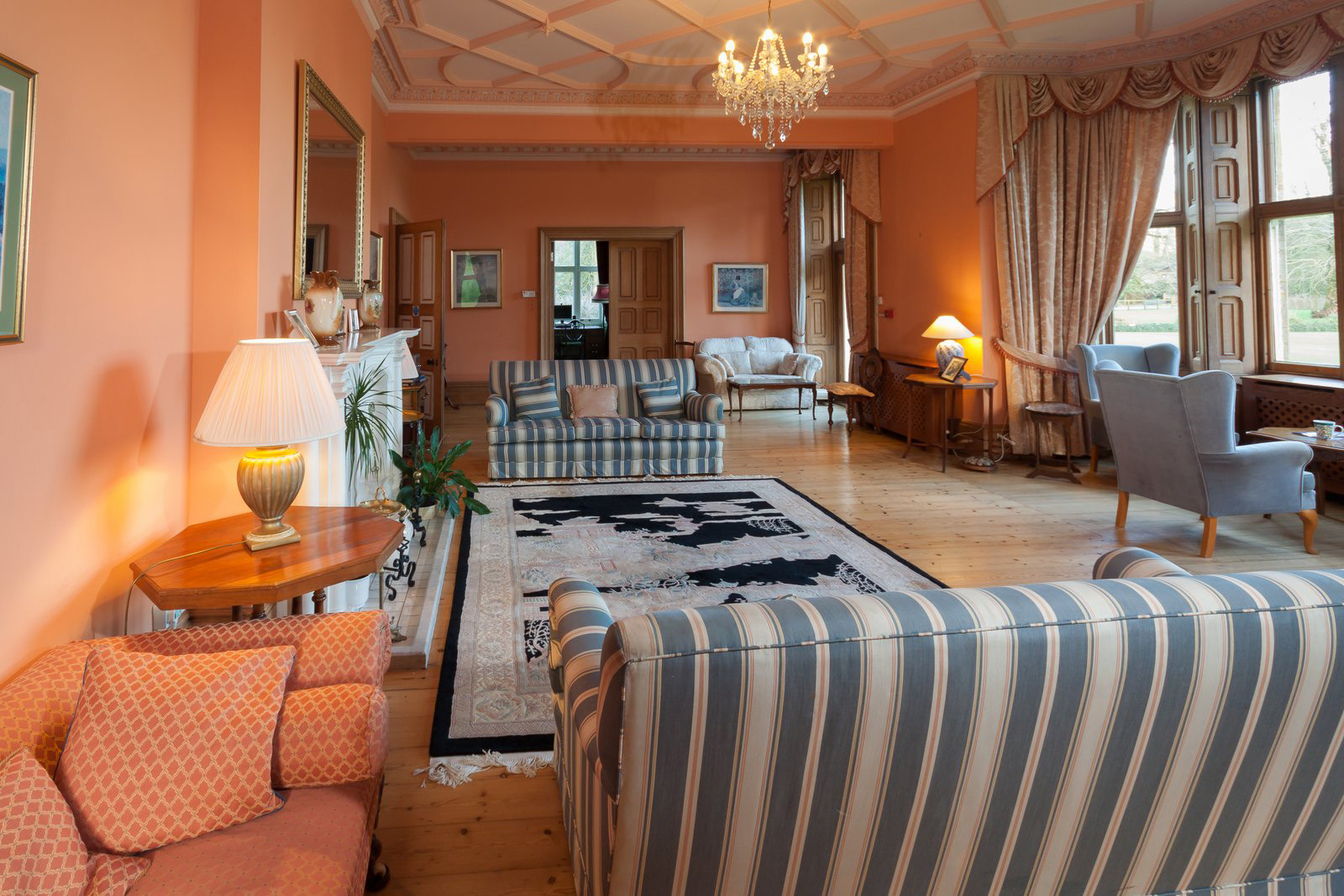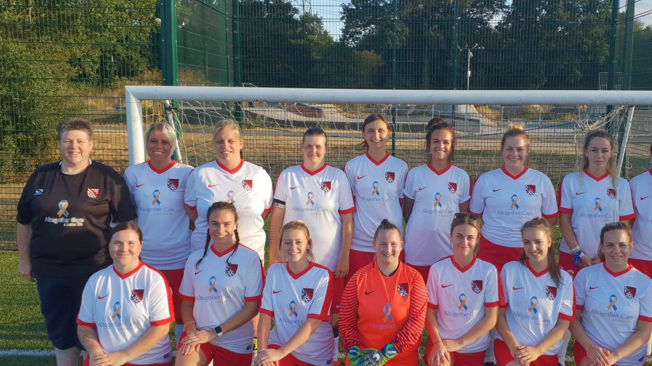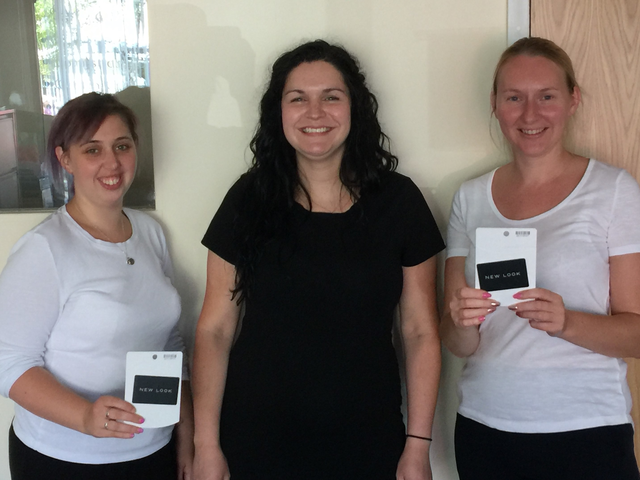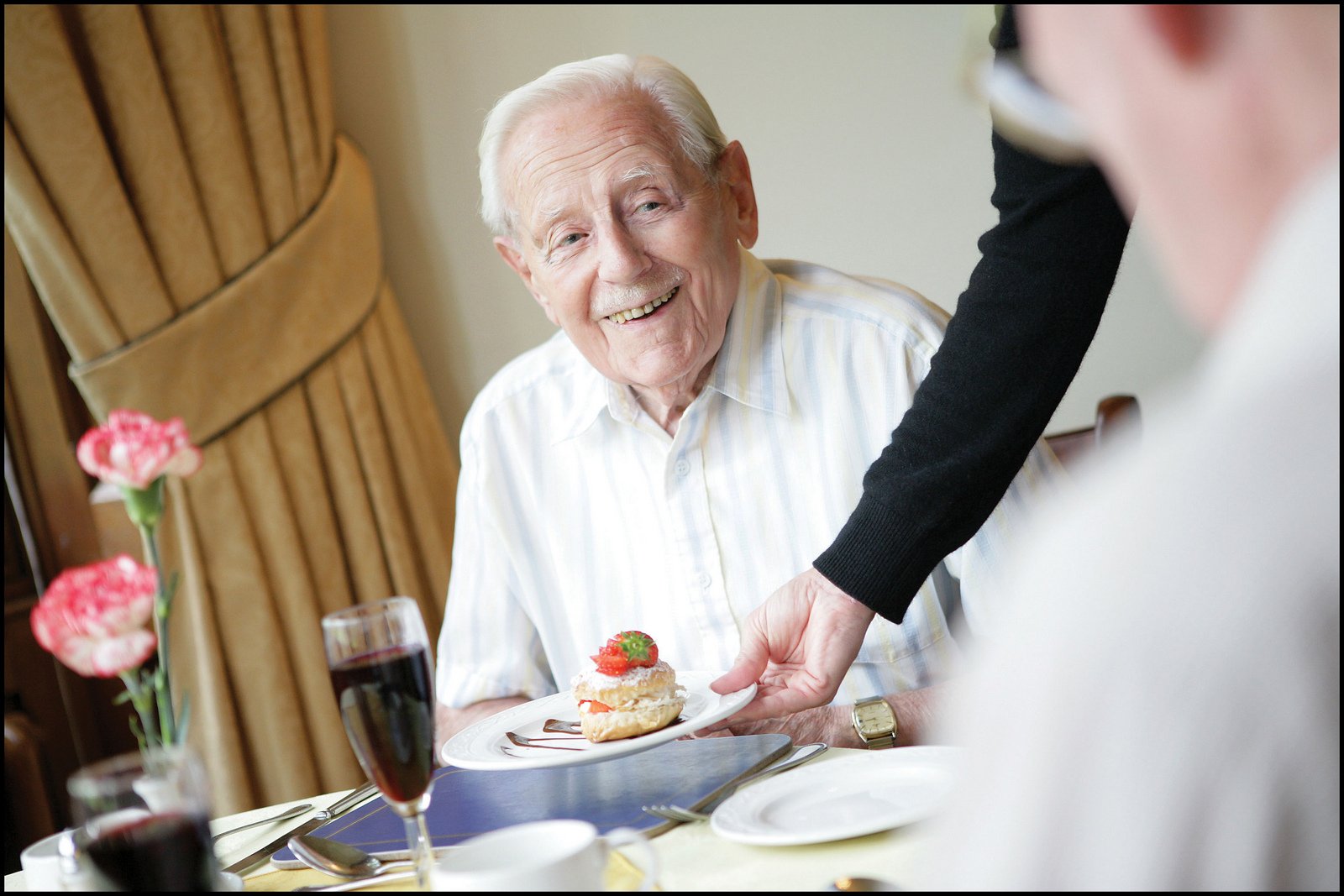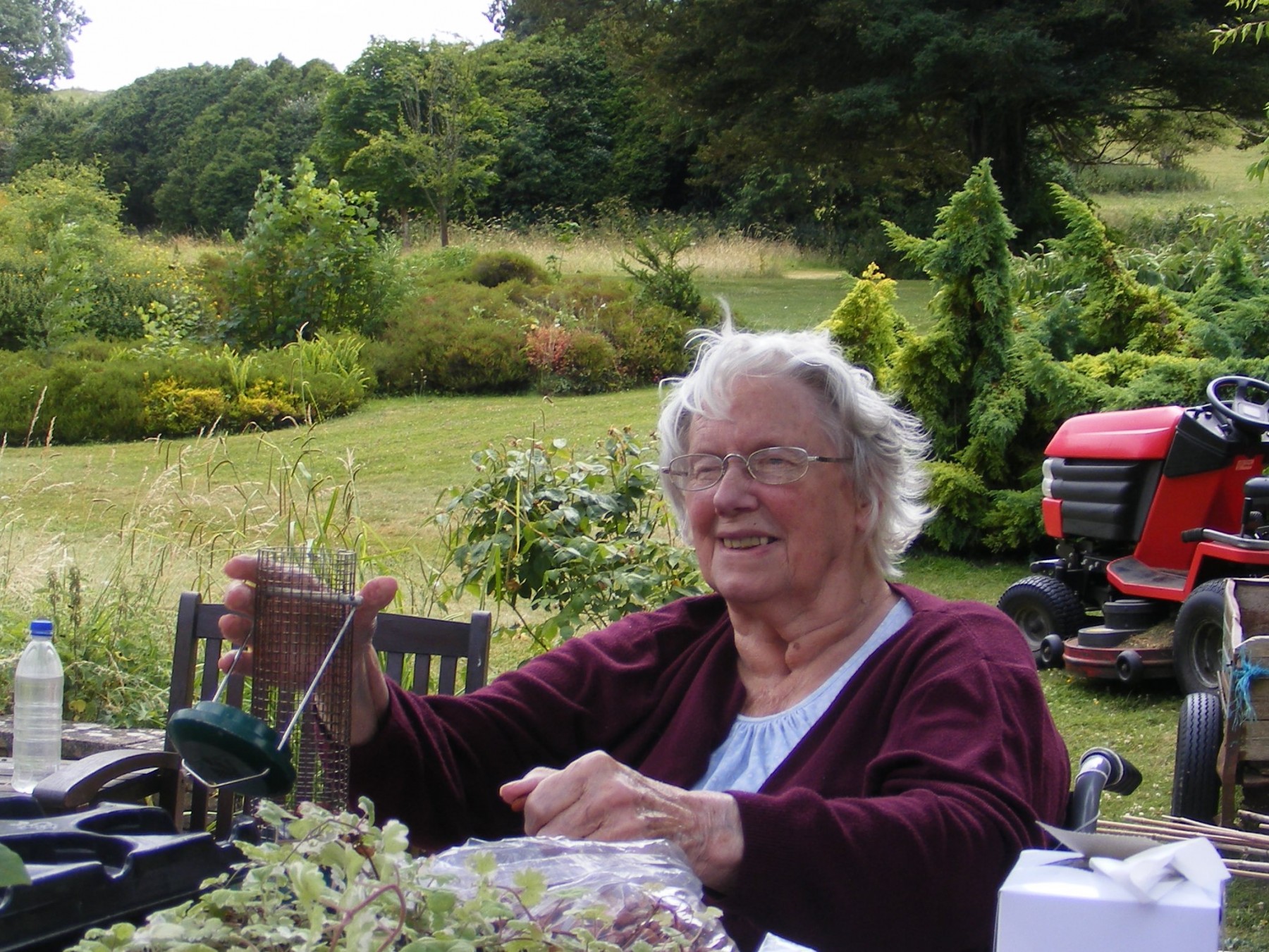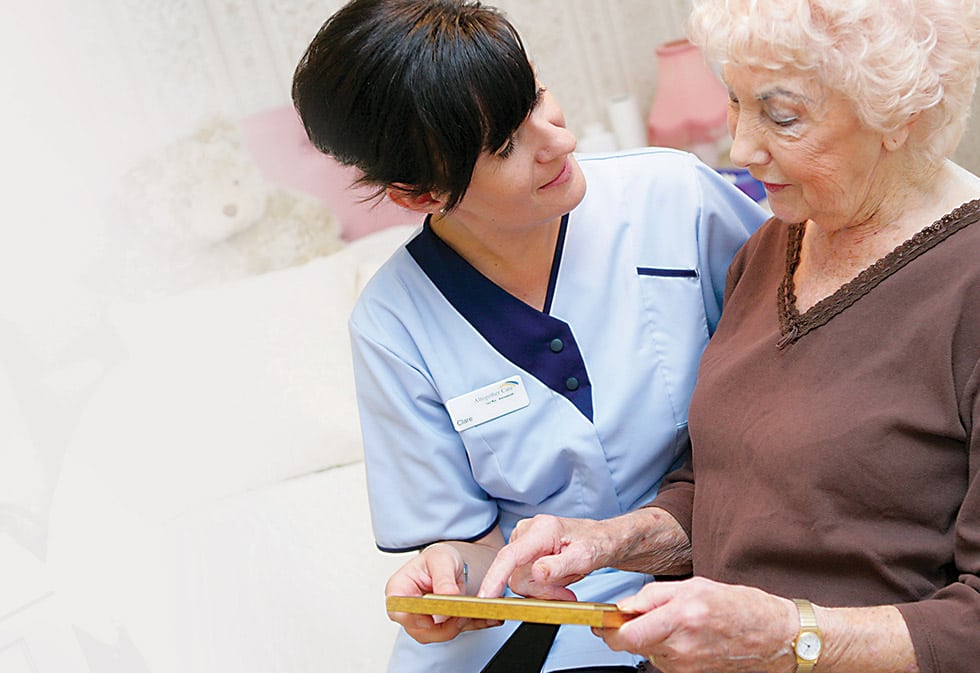One feature of the UK’s housing crisis that rarely gets attention is the severe lack of dementia friendly housing. Compared with countries like Australia, France and the Netherlands we have a major lack of options for people with dementia once their condition makes their existing home unsuitable.
There are modifications that can be made to most homes that would make them more suitable for a person with dementia. Age UK has published a range of helpful ideas on their website. Modifications will be easier and cheaper to carry out in some properties than others.
Sometimes, modifying a home sufficiently may not be feasible. And sometimes the particular impairments experienced by a person with dementia may make living in their home (even with modifications) unsuitable.
And here’s where life can get difficult. Even many retirement properties have not been designed, decorated or equipped with dementia in mind. Residential care may become the best, or in some cases, the only viable option. But even here there can be problems if the home is not set up to cater for dementia residents.
The Dementia Friendly Care Home
The environment within the care home is critical. Without careful thought and adaptation, a care home could become a bewildering and unsettling place to live, particularly for a new resident who has to get used to new surroundings, people and routines.
The interior decor makes a huge difference in making the living space calming and manageable. Avoiding busy patterns will make the environment easier to deal with and colour contrasts can be used to help residents easily find their way to the toilet or their bedroom. Additionally, memory triggers and familiar images from a relevant era help residents feel more at home and relaxed and can help with navigation.
Sherborne House specialises in care for people with dementia. We’ve specifically designed and decorated the interior to ensure that our residents with dementia feel at ease and supported, and able to live as independently as possible. To find out more, contact us today on 01305 206 140.
